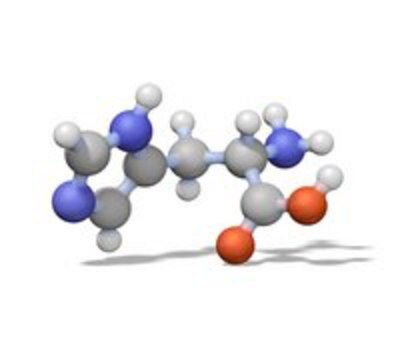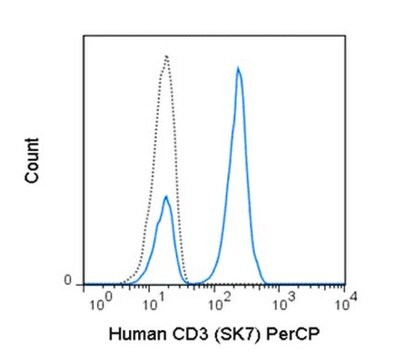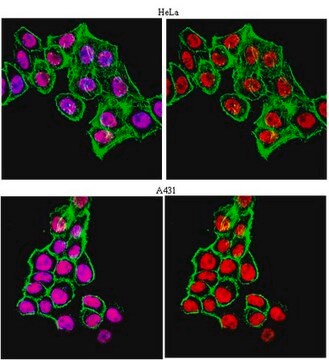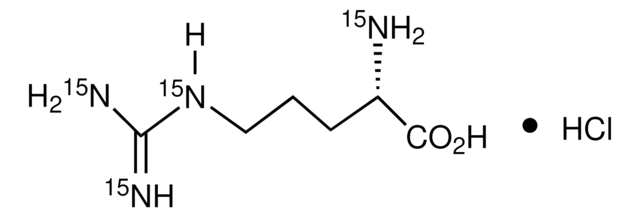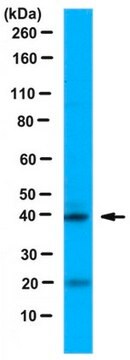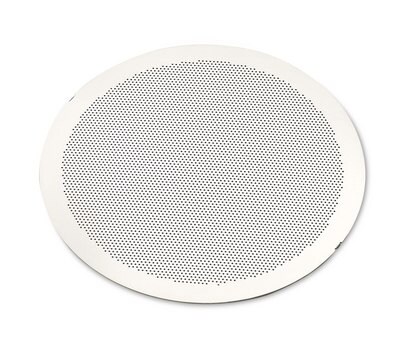05-988
Anti-Pras40 Antibody, Clone 73P21
clone 73P21, Upstate®, from mouse
Sinonimo/i:
40 kDa proline-rich AKT substrate, AKT1 substrate 1 (proline-rich), proline-rich Akt substrate, 40 kDa
About This Item
Prodotti consigliati
Origine biologica
mouse
Forma dell’anticorpo
purified immunoglobulin
Tipo di anticorpo
primary antibodies
Clone
73P21, monoclonal
Reattività contro le specie
human
Produttore/marchio commerciale
Upstate®
tecniche
immunoprecipitation (IP): suitable
western blot: suitable
Isotipo
IgG1
N° accesso NCBI
N° accesso UniProt
Condizioni di spedizione
wet ice
modifica post-traduzionali bersaglio
unmodified
Informazioni sul gene
human ... AKT1S1(84335)
Descrizione generale
Specificità
Immunogeno
Applicazioni
Epigenetics & Nuclear Function
PI3K, Akt, & mTOR Signaling
Qualità
Western Blot Analysis:
A 0.1-1.0 µg/mL dilution of this lot detected PRAS40 in RIPA lysates of HeLa cells.
Descrizione del bersaglio
Stato fisico
Stoccaggio e stabilità
Handling Recommendations:
Upon first thaw, and prior to removing the cap, centrifuge the vial and gently mix the solution. Aliquot into microcentrifuge tubes and store at -20°C. Avoid repeated freeze/thaw cycles, which may damage IgG and affect product performance.
Risultati analitici
RIPA lysates of HeLa cells.
Altre note
Note legali
Esclusione di responsabilità
Non trovi il prodotto giusto?
Prova il nostro Motore di ricerca dei prodotti.
Codice della classe di stoccaggio
12 - Non Combustible Liquids
Classe di pericolosità dell'acqua (WGK)
WGK 2
Punto d’infiammabilità (°F)
Not applicable
Punto d’infiammabilità (°C)
Not applicable
Certificati d'analisi (COA)
Cerca il Certificati d'analisi (COA) digitando il numero di lotto/batch corrispondente. I numeri di lotto o di batch sono stampati sull'etichetta dei prodotti dopo la parola ‘Lotto’ o ‘Batch’.
Possiedi già questo prodotto?
I documenti relativi ai prodotti acquistati recentemente sono disponibili nell’Archivio dei documenti.
Il team dei nostri ricercatori vanta grande esperienza in tutte le aree della ricerca quali Life Science, scienza dei materiali, sintesi chimica, cromatografia, discipline analitiche, ecc..
Contatta l'Assistenza Tecnica.